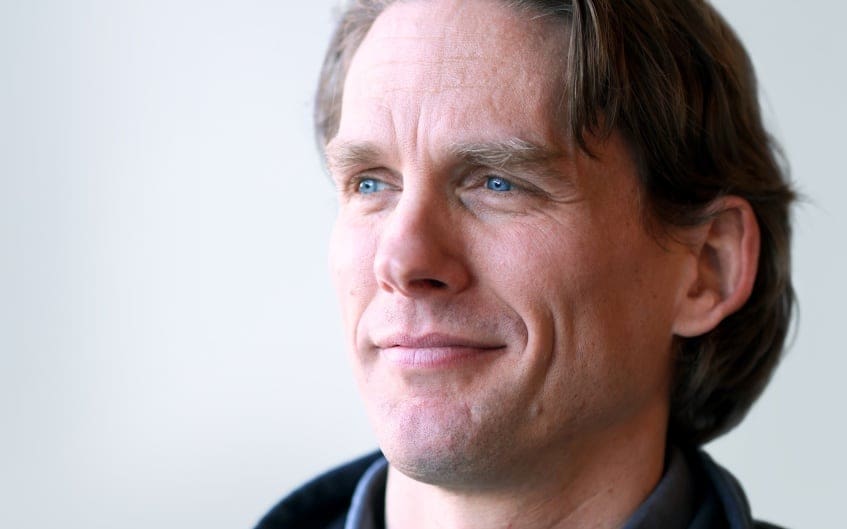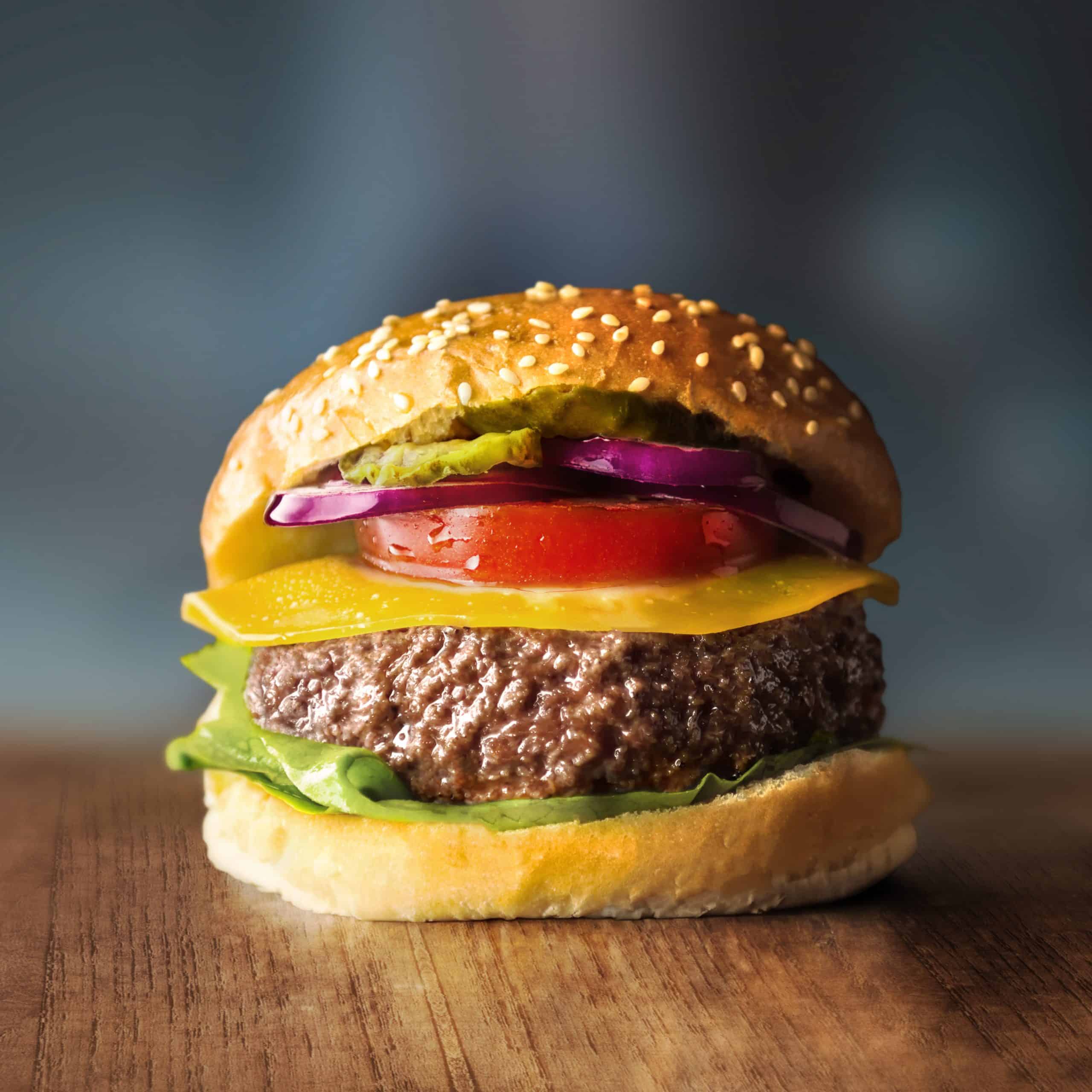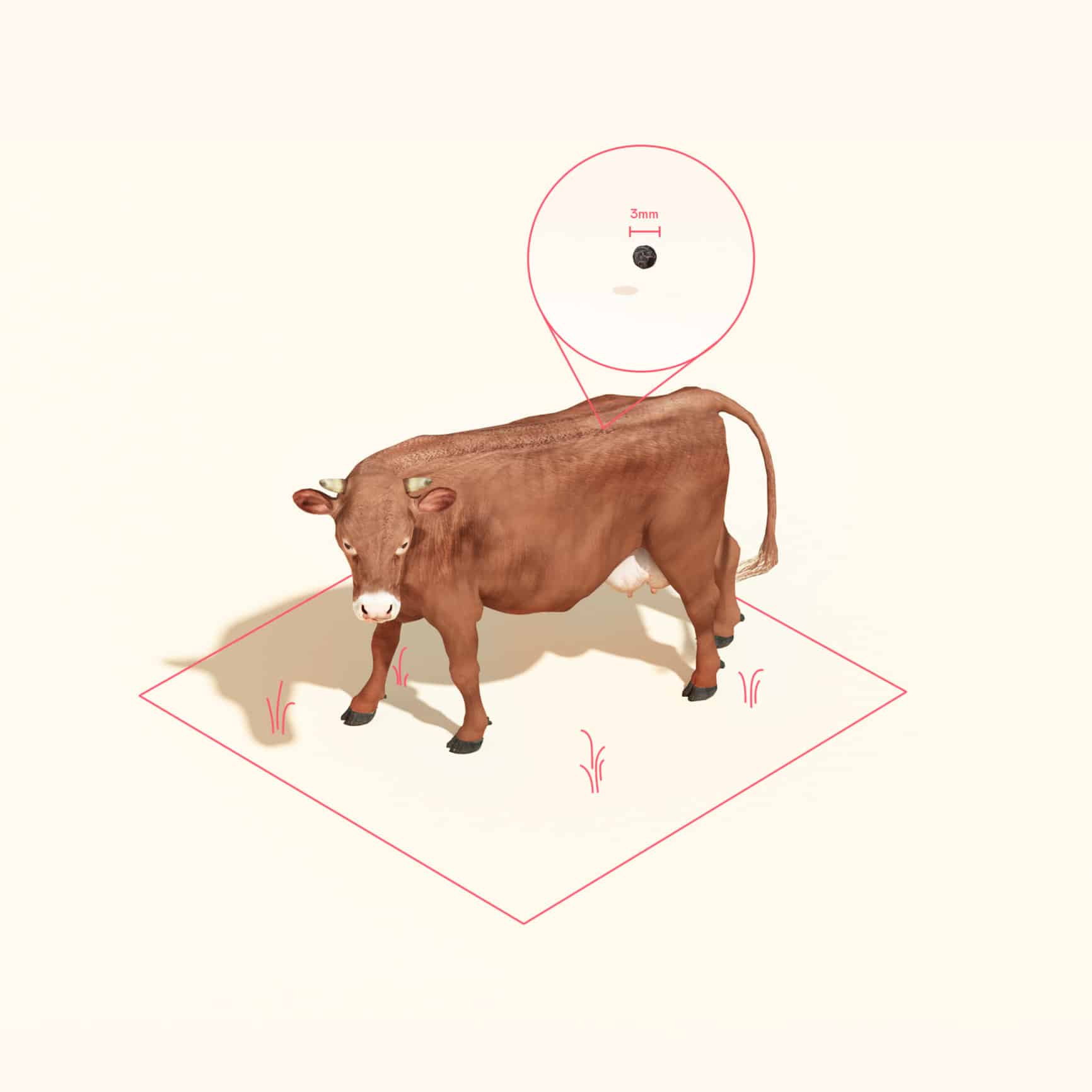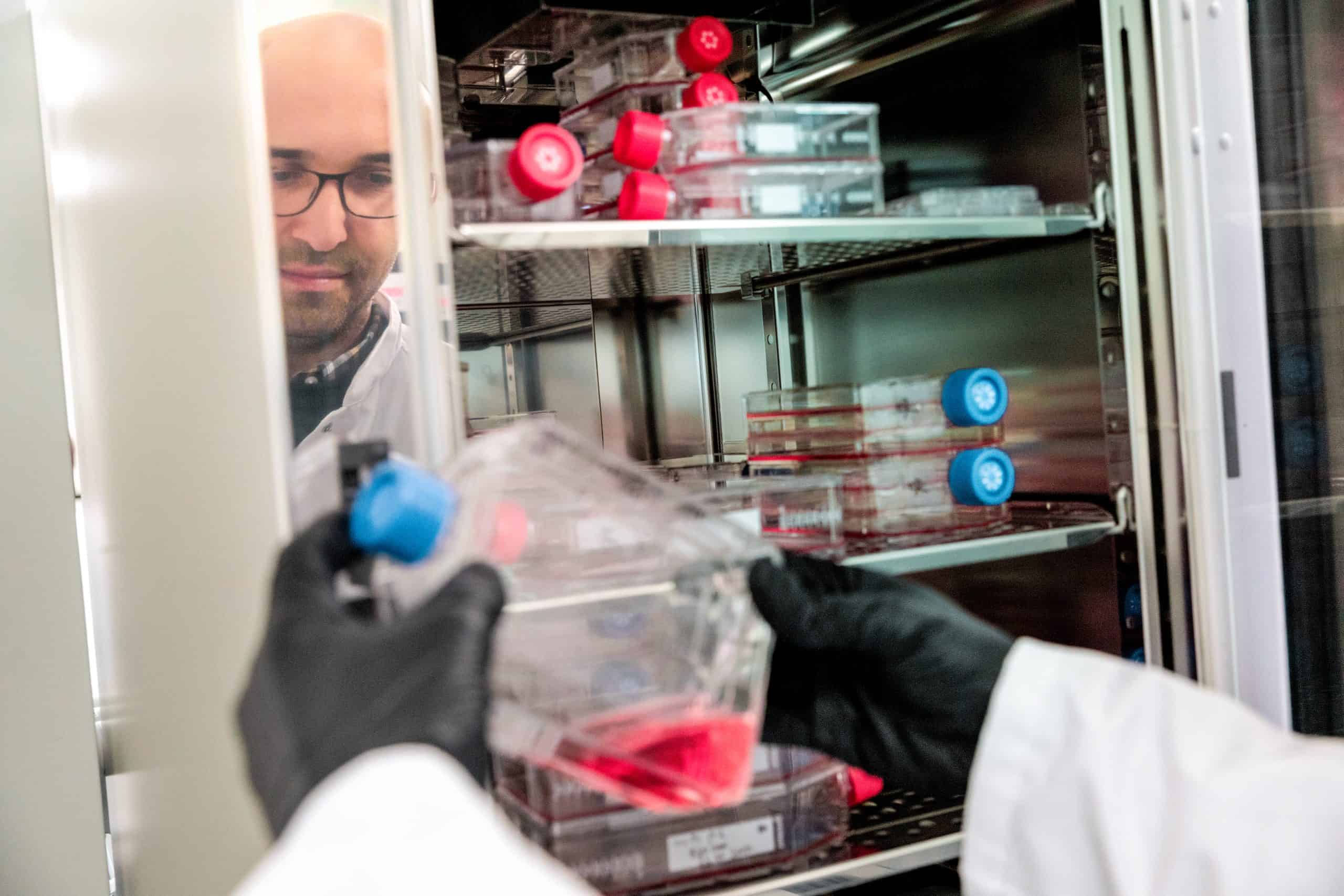Mosa Meat CEO: Food Innovation Game Changer

We are driven by the climate crisis and knowing that it will take all of us doing our part to meet the goals of the Paris Climate Accord.
Maarten Bosch, CEO of Mosa Meat
Did you know that livestock production is accountable for approximately 15% of all greenhouse gas emissions? Because of this, the challenge to cut back large-scale industrial farming, find sustainable alternatives and feed our growing population is being taken on by a range of amazing pioneers.
Alternative proteins is a rapidly diversifying market in the food sector, with cell-cultured meat (also known as cultivated meat) one of the largest. Expected to expand by up to 70% in the next 20-30 years, the cultivated beef industry has up to a 92% projected climate impact reduction and uses approximately 95% less land and 78% less water when compared to conventional beef. But as a young and growing industry, cell-cultured meat is yet to hit the supermarket shelves in the majority of the world.
To understand more about the market and why cellular agriculture could be the future of food, we caught up with the CEO of Mosa Meat, Maarten Bosch. Mosa Meat is a European food technology company with a mission to make meat sustainable. Part of EIT Food’s innovative network of RisingFoodStars, Mosa Meat nurtures cells in the lab to grow slaughter-free and emissions-free beef. The process can make up to 80,000 burgers with just one ‘sesame-sized’ sample of cells!
Tell us about Mosa Meat – what’s your mission?
Mosa Meat is a food company working to change the world with delicious burgers that are produced in a kinder, cleaner way. We are using cellular agriculture to make real beef directly from the cells of a cow in order to give people the meat they love with a process that doesn’t require slaughtering an animal or hurting the planet.
What drives you?
As innovators we are driven by knowing that there is a better, more efficient way to feed the growing population on Earth. As socially conscious people we are driven by the climate crisis and knowing that it will take all of us doing our part to meet the goals of the Paris Climate Accord. As a company full of foodies, we are driven by wanting the burgers we love without the guilt.

Credit: Mosa Meat
Why have you chosen to create cultured meat?
Cellular agriculture is a critical part of the answer to a trillion dollar global meat market question. How can we do this in a better way? Cultured beef in particular is predicted to have an incredibly positive impact. The most recent life cycle analysis showed a 92% climate impact reduction. The same analysis found making cultivated beef uses 95% less land and 78% less water when compared to conventional beef.
What is your greatest achievement to date?
I find it difficult to choose just one. Our co-founders started this ‘space race’ in 2013 with the first cultured burger in the world. Since then we have continued to blaze the trail and, just recently, Mosa Meat celebrated its five year anniversary with almost 100 employees and over $90M USD raised to date. We have continued to refine the production processes to bring down costs exponentially and we are beginning to navigate the regulatory approval process in multiple geographies.

Credit: Mosa Meat
What are the challenges you face?
The greatest challenge currently is scaling up our production. We’re working on bringing our product to a commercial scale so we can bring our burgers to your favourite grocery stores and restaurants. We have a brilliant team of scientists working on this every day and we have conquered one challenge after another, which is what pioneers do.
What are you working on that’s getting you fired up and excited?
Watching in real time as our ambitious vision of the future becomes a reality is the thrill of my lifetime. When we are successful in going to market, we will forever impact the food system, people’s lives, animals’ lives and ultimately the planet. It is hard to top that and it makes me excited about work every day.
Where do you want to take Mosa Meat next?
Next we will scale up and out. By that I mean that we will ramp up production of our minced beef for burgers and meatballs, then tackle the more complex challenge of making the whole cut like steaks. There is so much potential for growth, with the market expected to expand by 50-70% in the coming 20-30 years.

Credit: Mosa Meat
What can we as individuals do to live more sustainably?
There are many things we can do to live more sustainably, including being more conscious about our level of meat consumption in general, sourcing and eating food locally, composting (my favourite!) and working to reduce food waste. I also carry around a reusable water bottle and keep-cup to avoid unnecessary single-use items.
Can you recommend a life-changing book for our readers?
The book Clean Meat: How Growing Meat Without Animals Will Revolutionize Dinner and the World by Paul Shapiro is an inspirational read and great primer on the promise of our technology. The more people who read it, the faster this critical transition will take place.
Where do you see the food industry in five to ten years’ time, and where do you hope to see it?
In five to ten years time, we’ll be eating cultured meat alongside our vegetables and people won’t think twice about it. I see other food innovations everywhere – from insect protein to vertical farming – and I hope to see this continue and grow into the future. We will ultimately rebuild a food system that is fairer for people, better for animals, and most importantly – that puts us back on track to meet the existential challenge of climate change.
Read more about other alternative protein pioneers and stay tuned over the coming months as we continue to spotlight and interview more businesses as part of our Food Innovation Pioneers series. If you’re a pioneer tackling sustainability in the food industry, please get in touch with the Greenhouse team at info@greenhousepr.co.uk.


